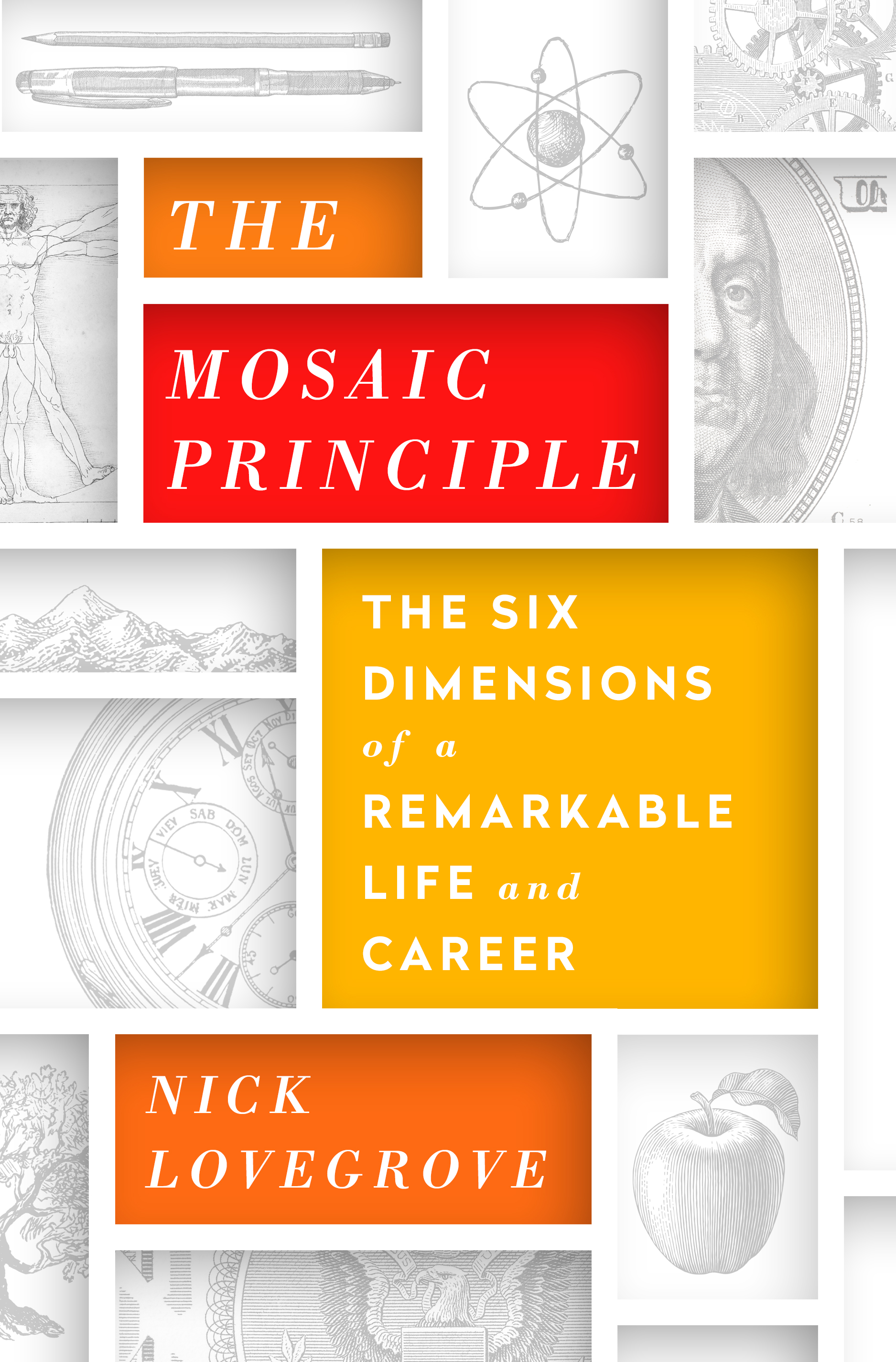
Almost a decade ago, New Yorker writer Malcolm Gladwell popularized the 10,000 hour rule—the concept that performing a complex task requires a great deal of practice, whether for a concert violinist or a computer programmer, and more specifically that “ten thousand hours is required to achieve the level of mastery associated with being a world-class expert.” More recently Silicon Valley billionaire and entrepreneur Peter Thiel went further in his book Zero to One, arguing that we should each make an explicit and lifelong commitment to a single career objective.
Gladwell and Thiel are right—it does take sustained dedication and commitment to attain world-class expertise in any domain. But their argument is also dangerous because it implies that real success comes only from focusing on one thing to the exclusion of all others. And this underpins the increasingly pervasive obsession in today’s society with specialist or technical expertise.
We have been living in a world sold on depth—the era of the ultra-specialist. In our globalizing, technology-driven, ever-more-complex world, we convinced ourselves that the route to excellence and progress lies in narrow specialization—in obsessive concentration and focus. The surgeon and writer Atul Gawande jokes of the medical profession, “Surgeons are so absurdly ultra-specialized that when we joke about right-ear surgeons and left-ear surgeons, we have to check to make sure they don’t exist.”
This trend has pervaded in most walks of modern life—ever-increasing specialization has become the central premise for how we organize society and its constituent parts. Broadly gauged liberal arts education is under sustained assault; fewer than 7% of American undergraduates now choose a major from among the humanities. The worlds of business, government and social action increasingly operate in independent, hermetically sealed silos. And the few remaining generalists in the major professions are often viewed as dinosaurs.
This trend towards specialization has gone way too far, and we need to redress the balance. We have started to pay a heavy price for our over-reliance on narrow experts—individually and as a society. After all, pretty much every major business crisis of recent years—from Enron to Lehman Brothers to Wells Fargo—stems from having experts on top, not on tap.
The evidence now clearly shows that we have consistently over-valued the value of specialist expertise—that specialist experts are no better, and often worse, at anticipating and resolving difficult issues. University of Pennsylvania professor Philip Tetlock has shown that nonexperts typically make better predictions than subject matter experts in a variety of domains—they are better able to draw upon an eclectic array of perspectives to solve complex problems.
It is this multidimensional complexity of modern day problems that diminishes the salience of singular expertise. Contemporary challenges like income inequality, climate change, healthcare access and policing strategy cannot be solved by narrow technical specialists, each swimming in their own lanes. To meet these challenges, specialist expertise is often necessary but certainly not sufficient.
So the conditions seem ripe for broad generalists—far from being cast on the scrapheap of history—to wreak their revenge. But to be a successful generalist today is not to be a “jack of all trades, master of none.” I am convinced, based on my own research and that of others, that the most reliable model for success in today’s world is the “T-shaped Approach”—a visual metaphor for a hybrid of breadth and depth, a broad generalist with a deep intellectual thread.
For instance, a study by Wai Fong Boh and Andrew Ouderkirk among a sample of research scientists showed that the most successful in developing new commercially viable products are neither pure generalists, nor pure specialists, but what they call polymaths. These are people who, after a decade or so of specialization, begin to explore other domains while maintaining their established skills and knowledge. Another study by the academic Beatrice Van der Heijden coins the expression “flexperts” to describe people who are both flexible and in possession of expertise.
What this evidence seems to suggest is that the 10,000-hour rule is accurate but misleading. It may take at least 10,000 hours to become a world-class expert in any given field, or even just to be professionally competent. But most of us have a lot more time than that—the average working life has at least 75,000 hours, and we have many options along the way to broaden our experience and perspective.
The marketplace for talent may be starting to acknowledge the benefits of generalist experience and knowledge. A recent study of 495,000 members of the social network LinkedIn shows that those with the broadest experience are the ones who are now going furthest in their business careers.
All of this is a welcome relief to the many of us with generalist tendencies, but who were worried that our days were numbered. The concept of a broad, well-rounded life is intuitively attractive—the powerful idea that life can be lived to the fullest as a mosaic, encompassing a rich and remarkable set of experiences that enhance each of us as individuals and strengthen the bonds of society. As the poet Robert Twigger has said, “Our age reveres the specialist, but humans are natural polymaths at our best when we turn our minds to many things. Life itself is various – you may need many skills to live it.”
More Must-Reads from TIME
- Cybersecurity Experts Are Sounding the Alarm on DOGE
- Meet the 2025 Women of the Year
- The Harsh Truth About Disability Inclusion
- Why Do More Young Adults Have Cancer?
- Colman Domingo Leads With Radical Love
- How to Get Better at Doing Things Alone
- Michelle Zauner Stares Down the Darkness
Contact us at letters@time.com